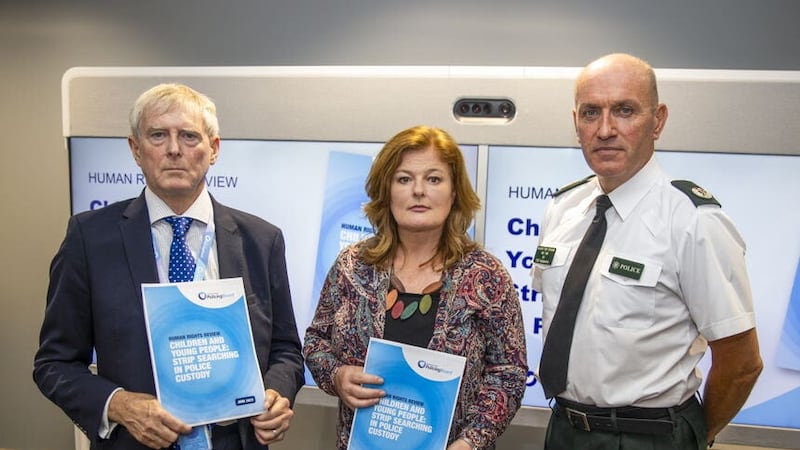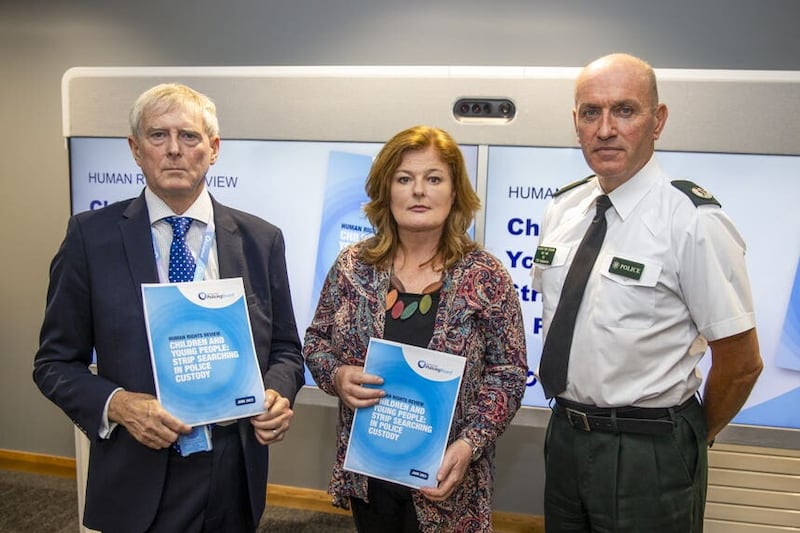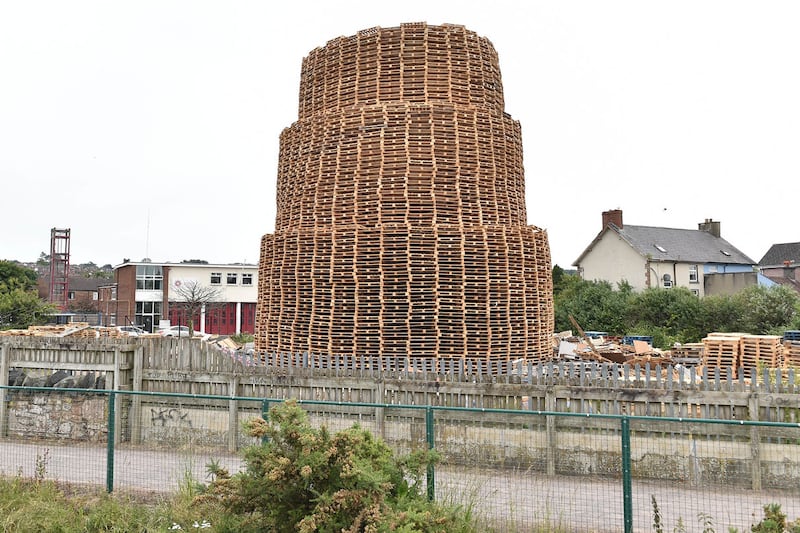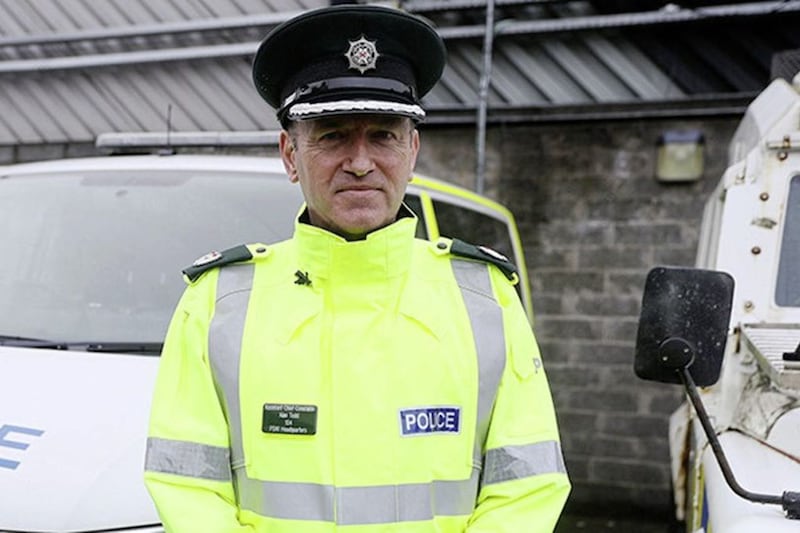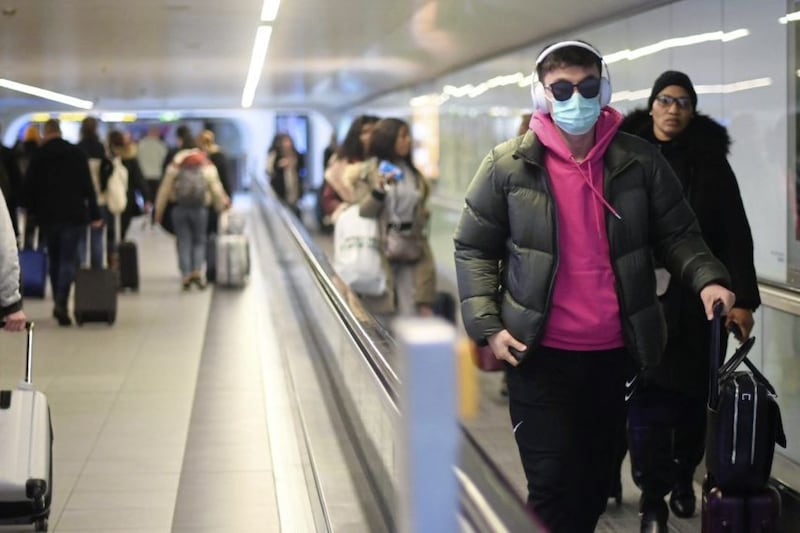The PSNI “appeared to ignore the rules” by not ensuring an appropriate adult was present at the vast majority of strip searches carried out on children in custody last year, a review has found.
The human rights review carried out by the Policing Board also said the absence of proper records makes it difficult to ascertain whether any of the 27 strip searches carried out by police in 2022 was lawful.
The review was launched after concerns were raised across the UK about strip searches carried out on children and young people in custody.
The review has made a number of recommendations, including that legislation should be rewritten so that the “reasonable suspicion” test applies to search and seizure in custody.
It also recommended that the the PSNI should publish annual figures on the strip searching of children and commit to additional training for custody officers.
A number of issues were raised by the review, including the reliability of data provided by the PSNI and the lack of attendance during the majority of searches of an appropriate adult (an adult who is not a police officer).
The review said that, despite the introduction of a new policy by the PSNI in January 2023, strip searches which have been carried out since then “are still problematic”.
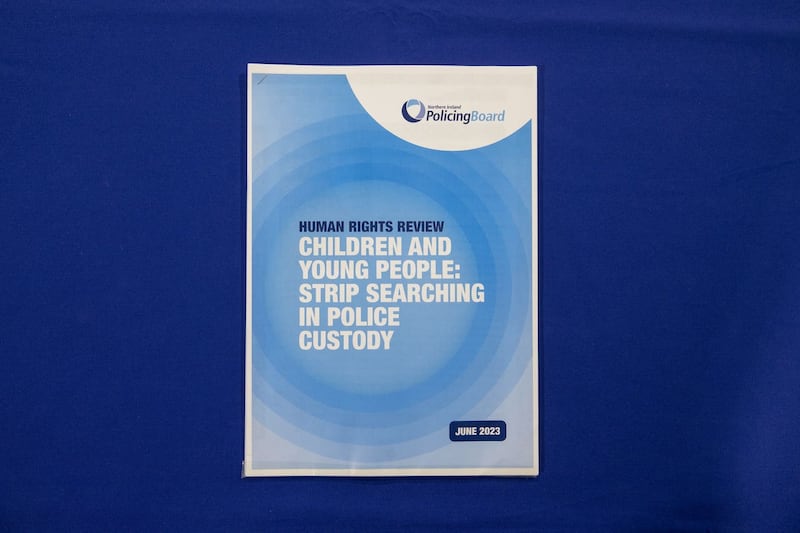
Of the 27 searches carried out on juveniles last year, 22 individuals were 17 years old, three were 16, one was 15 and one was 14. Four were female and 23 were male.
An appropriate adult was present on only six occasions.
The report said that 10 of these young people identified as Catholic, four as Protestant, six as having no religion, and seven refused to provide details.
A prohibited item was found in two of the searches.
The report said: “The human rights adviser found both the justification for the strip search and any justification for the failure to ensure that an appropriate adult was present were inadequately recorded.
“The absence of a proper record makes it difficult to assess whether any of the strip searches were lawful.”
The report raised questions about whether proper assessments were carried out on the need for the searches and the delay in contacting an appropriate adult in a number of the cases.
It said: “It is of the greatest concern that in the vast majority of cases identified by this research during 2022 the PSNI appeared to ignore the rules, and no-one was present to support the young person during this very invasive and humiliating use of power by officers.”
The report added: “A fundamental issue to be considered is the potential impact of a strip search on a child, and this does not appear to have been considered by PSNI.”
It went on: “It appears that strip searching of juveniles followed a long-standing custom and practice approach by PSNI, rather than that of the guidance provided by the Pace (Police and Criminal Evidence) codes.
“No-one in PSNI appears to have thought this was unusual and no senior officer seems to have challenged this before questions were asked by agencies and NGOs, the media, or by Policing Board members.”
The report concluded: “It is particularly concerning that, despite the issue being in the media, the significant number of questions by board members and the creation of a new policy by PSNI, that the strip searches that have happened since January 2023 are still problematic.”
John Wadham, the Human Rights Adviser on the NI policing board, said the issues with strip searching were not a “wholesale problem”.
“What we have is a particular minority of people in custody, 2%, and a process whereby custody officers are trying to do their best. What we have criticised is, are they given the information that they need?” he said.
“Because, I don’t know whether anybody’s looked at the current rules, but I find them incredibly difficult to understand.
“So we would like to see better rules, and we would like to see better recording of the justification for those, as well.”
He added: “I’m not trying to sugar the pill, our criticisms are in the report. There are problems and we knew there were problems, that’s why we did this report.
“The evidence of those problems is in the report and some ideas about how those problems could be resolved and you heard from the PSNI about their commitment to do that. So I don’t think it’s a wholesale problem, but it is a problem that does affect those 27 people.”
PSNI Assistant Chief Constable Alan Todd said the force welcomes the report.
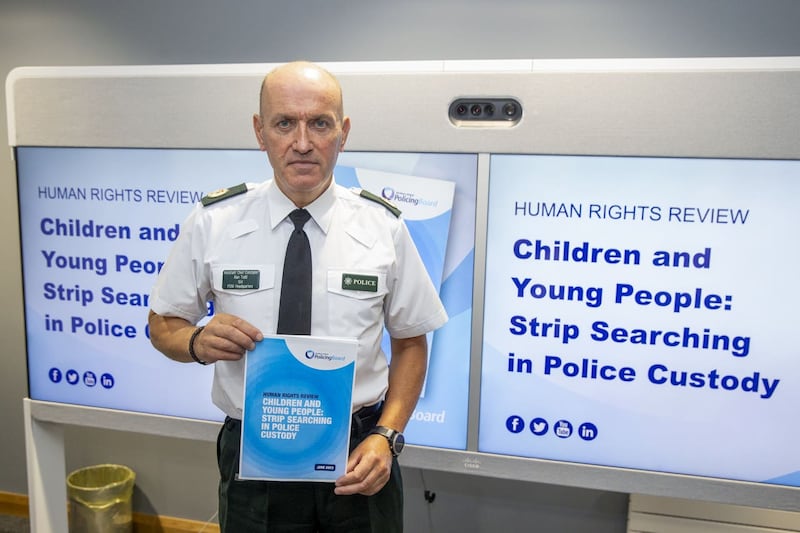
Mr Todd added that safeguarding had to be understood in the context of a “complex environment” and that it was justifiable for the searches of minors to take place, but more transparency was required.
“Safeguarding is important, but it’s safeguarding for us in a very complex environment,” he said.
“The fact that we only use this power with 2% of the children and young persons arrested illustrates that we use it very very, very, very, very sparingly, because we understand the impact.”
He added: “What we absolutely have to get better at is outlining our rationale and reasons for taking those decisions, because I don’t think any of us are making the case that none of those searches should have taken place.
“And I don’t think any of us are making that all those cases, you know, should have absolutely waited for whatever length of time for an appropriate adult.
“What we’re missing, and in fairness to our staff what we need to do to support them better, is to be able to be fully accountable and transparent around our decision making process.”
Mr Todd said the PSNI would work to improve in this area.
“We will continue to work closely with the Policing Board to further improve our performance in this crucial area and will review our internal guidance in line with the recommendations made in this report,” he said.
“We will continue to closely monitor this situation with the safety of children and young persons in our care at the forefront of all our decisions.”
